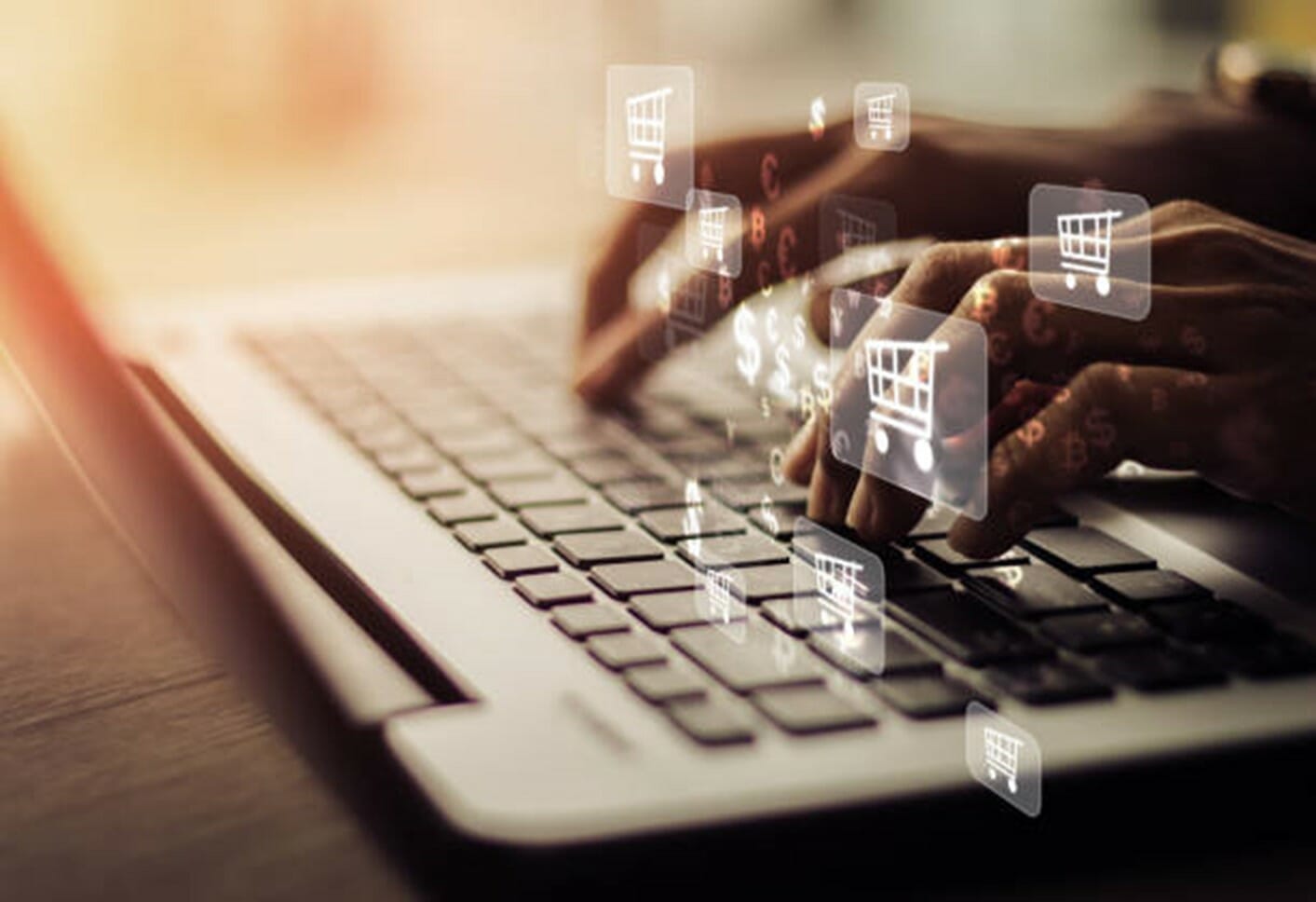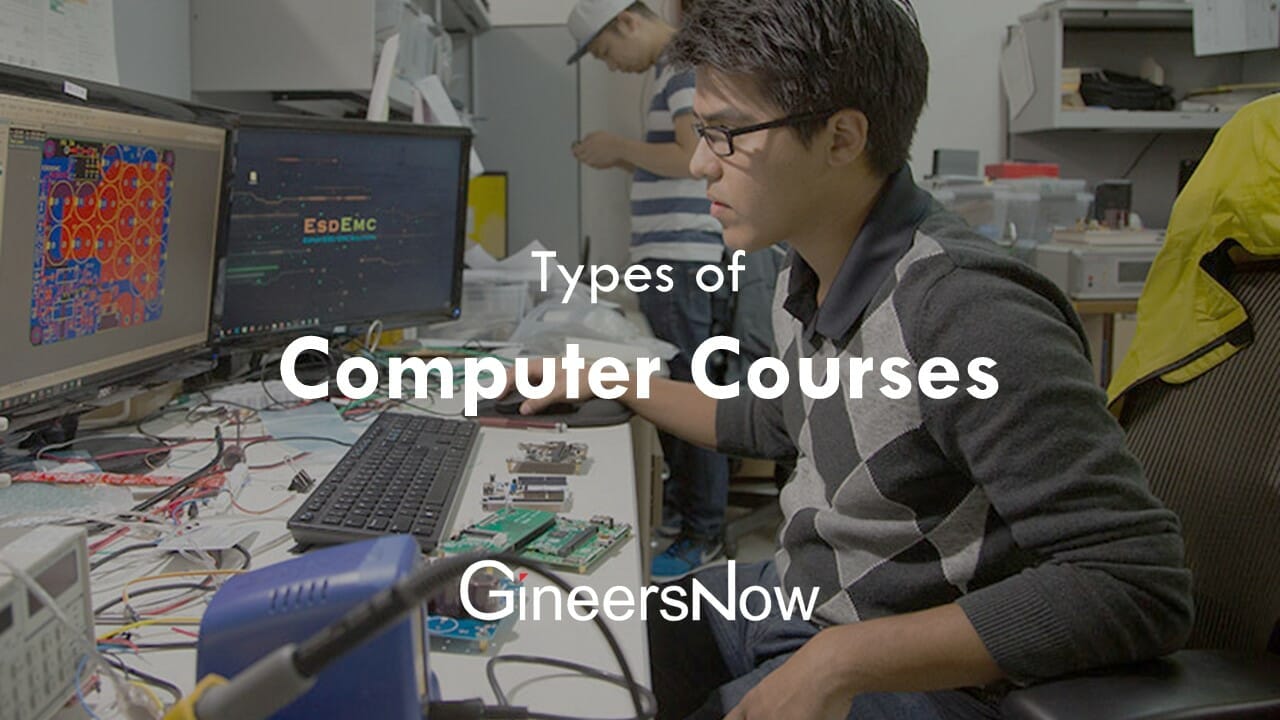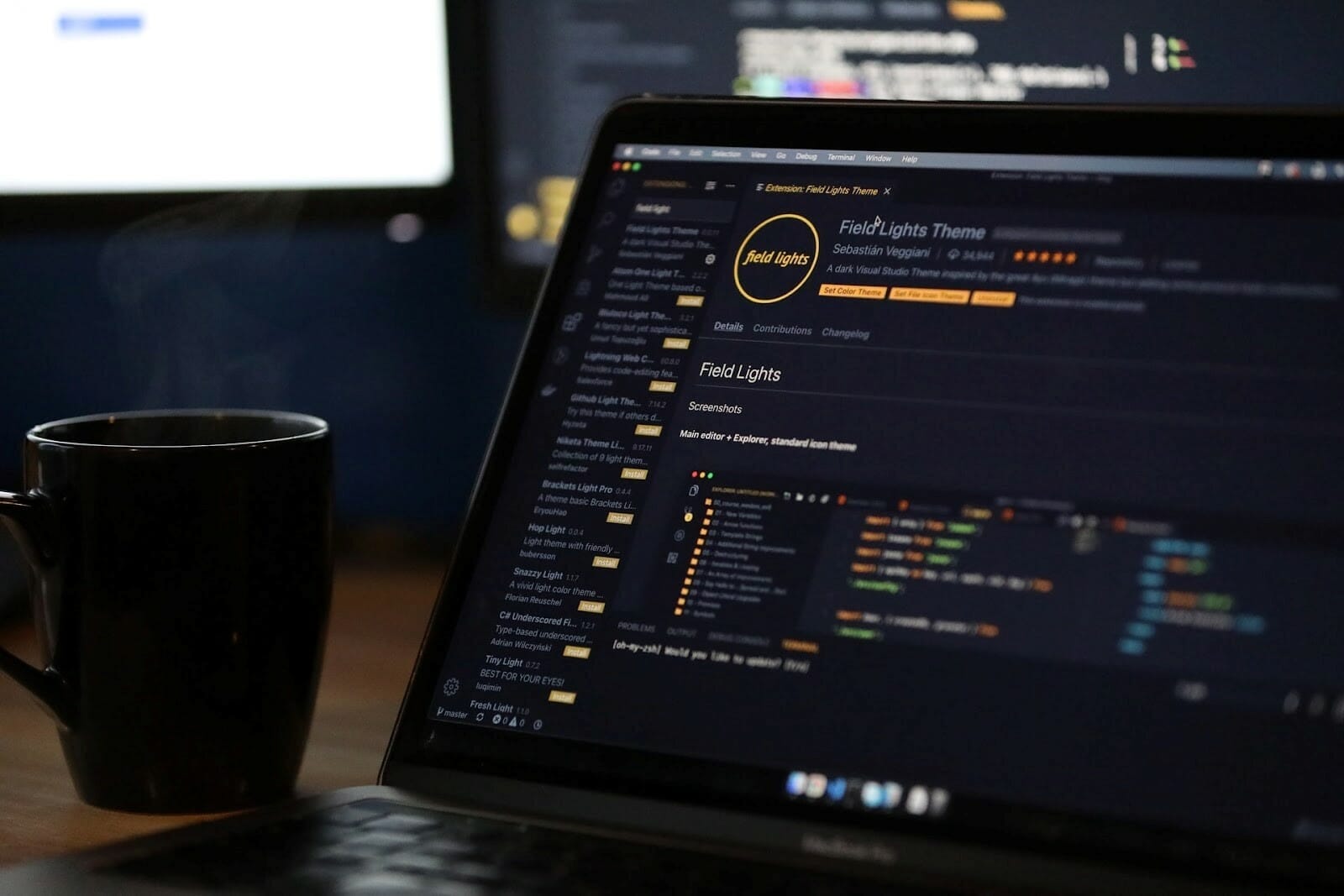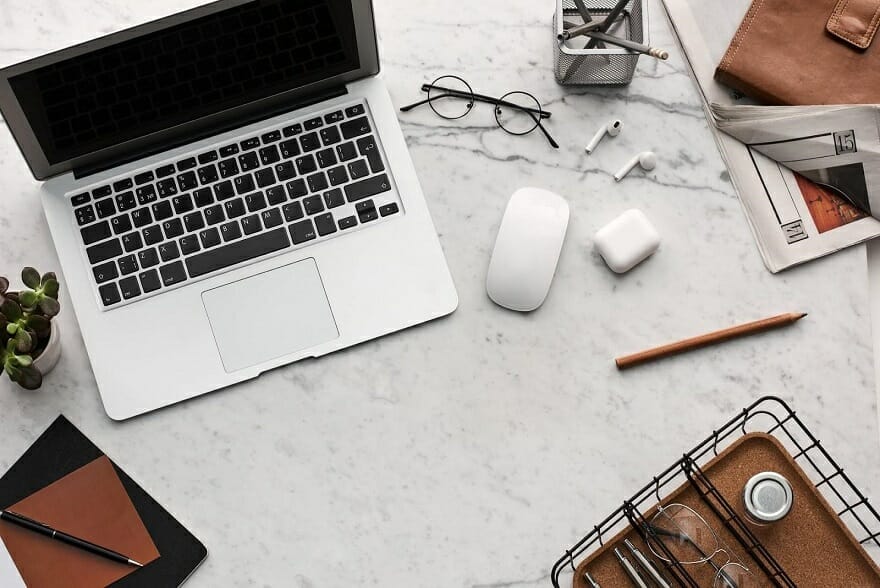The battle between the best operating system platforms for mobile has long been going on, but it just got more interesting with recent updates. Apple users, who use iPhone 5 and later generations at least, can now upgrade to iOS 10. Android users, on the other hand, can get in touch with the seventh major version of the Android operating system called Nougat, through Google’s latest handheld which is Pixel, among others.
With both mobile OS already out in the market, one would ask, “Which one is better between the two?”
But before going into the differences in their specifications, users, especially to the naïve with mobile technology, need to understand first how Android differs from iOS.
Essentially, iOS can only be found on Apple-manufactured phones and tablets. Older iPhones and iPads have missing iOS features, but the rest are fundamentally identical. There is a level of exclusivity for iOS because users are only allowed to transfer videos, music and other files to and from a PC or Mac via iTunes. Apps will also have to be downloaded from the Apple’s app store with certain restrictions.
Meanwhile, Android is open for use by phone manufacturers like Google, Samsung, and Huawei; where each can freely change the interface and add features that they like. But at its core, Android is the same. Unlike with iPhones and iPads, transferring files is more convenient with an Android phone or tablet since it lets you access the file system and use it like a USB flash drive, copying any file type from a PC.

New Features
Every OS update involves lots of tweaks, and iOS10 has its fair share of features removed entirely and changed. The lock screen was redesigned with rich notifications and widgets, which can now be unlocked through the “Press Home” which was previously “Swipe to Unlock”. The iOS update also provides a new multi-tab control center, a new Home app, a big update to Messages, and an all-new app store. On top of that is a raise-to-wake feature, only available with recent devices. The AI companion Siri in the iOS 10 is also already open to developers.
Phones and tablets having the Android 7.0 also have upgrades to them. For Google devices, at least, highlights are the multi-window support, the quick switch, and the interactive notifications plus bundled notifications. They also now support VR, which is the Daydream. Instant apps and seamless updates are part of Nougat.

Interface
The clear distinction between iOS and Android in terms of interface is the navigation. With iOS, the home button serves as the main ‘back’ control to return to the home screen. As compared to Android phones, except for Samsung, they have soft navigation buttons that often disappear from the screen. Running on full screen apps make it difficult to get back to the home screen, as that requires tapping or swiping to bring the controls back.
Notable difference between interfaces of both OS can also be found in where they put the apps. Apple has fixed their OS to have all apps on home screens, which can be put in folders, but all should live one or more sideways-scrolling home screens. Android keeps the apps differently, as they can be placed in the app tray as a choice.
Customization
When comparing for customization, Android has the advantage of allowing its users tweak the interface far more than the iOS. In Nougat, there are 5 shortcut icons above the notifications upon pulling down from the top of the screen, which shows more icons when pulled down again. This can be edited through a button. But Apple’s OS doesn’t allow this change at all, with the icons in the Control Center already fixed. What’s more frustrating about this is whenever the user is connected to a Wi-FI network, he or she has to launch the Settings app and go into Wi-Fi to check which network the phone is connected to. This does not happen in Nougat, which shows the name of the network in a tiny font beneath the icon.

Security
The exclusivity of Apple has its gains as far as security is concerned. Being allowed only to install apps from the official app store and only from the particular country store, the user has less worry when it comes to malware affecting the device. There is little to no report about iOS being penetrated by malware, which explains that iPhones and iPads are known to be secure – this is above its passcode security that can never be bypassed to extract any information from the device.
There are tons of antivirus apps available for Android users for the simple reason that their devices are more vulnerable to malware attacks.

Conclusion
So there are only two choices as evaluated: iOS and Android. While there are many similarities between the two, which is why they are dominating the OS market, the differences are the deciding factors which one is better than the other. Android is easily customizable, with a wide range of prices and choices for hardware being manufactured by different companies. While in iOS, the hardware and software are designed by one company, optimizing the two, much for the user’s convenience and security.
It depends upon the user which OS is preferred, because priorities in mobile features, on top of its OS, differ from one another. But personally, I’d pick Android.














